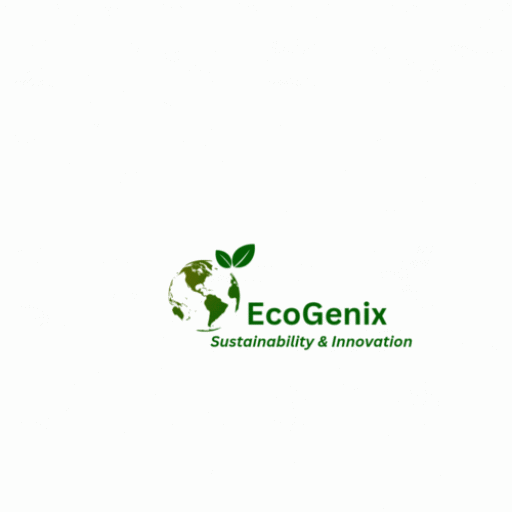Introduction:
As the global population continues to rise and climate change accelerates, ensuring food security has become an increasingly critical challenge. Climate change poses a significant threat to agricultural productivity, disrupting crop yields, increasing the frequency and intensity of extreme weather events, and altering growing conditions. Addressing the nexus of food security and climate change requires a comprehensive approach that combines sustainable agricultural practices, technological advancements, and international cooperation.
Impact of Climate Change on Food Security:
Climate change presents a myriad of challenges to global food security. Rising temperatures, changing rainfall patterns, and more frequent droughts affect crop growth and yield, leading to reduced agricultural productivity. Changing climatic conditions also contribute to the spread of pests and diseases, further compromising crop health. Moreover, coastal regions face the risk of saltwater intrusion, rendering arable land unsuitable for cultivation.
Sustainable Agriculture: A Pathway to Resilience:
Embracing sustainable agricultural practices is crucial for building resilience in the face of climate change. Implementing climate-smart techniques such as conservation agriculture, agroforestry, and precision farming can enhance soil fertility, conserve water, reduce greenhouse gas emissions, and increase productivity. The promotion of diverse cropping systems, the use of drought-tolerant and heat-resistant crop varieties, and the adoption of efficient irrigation methods are also vital components of sustainable agriculture.
Technological Innovations for Adaptation:
Advancements in technology offer promising solutions to mitigate the impact of climate change on food security. Precision agriculture technologies, including remote sensing, drones, and data analytics, enable farmers to monitor crop health, optimize resource use, and make informed decisions. Genetic engineering and biotechnology play a role in developing climate-resilient crop varieties with enhanced tolerance to heat, drought, pests, and diseases. Additionally, innovative water management systems, such as drip irrigation and hydroponics, can improve water efficiency and agricultural productivity.
Strengthening Resilience through International Cooperation:
Addressing the complex challenges of food security and climate change necessitates global collaboration and knowledge sharing. Governments, international organizations, and research institutions must work together to develop and implement sustainable agricultural policies, facilitate technology transfer, and support capacity-building initiatives in vulnerable regions. Investing in smallholder farmers, particularly in developing countries, can enhance their adaptive capacity through improved access to finance, markets, and climate information.
Consumer Awareness and Behavioral Change:
Food security is not solely the responsibility of producers and policymakers; consumers also play a crucial role. Encouraging sustainable consumption patterns, reducing food waste, and supporting local and organic agriculture are integral to achieving a resilient and equitable food system. Educating consumers about the environmental impact of their food choices and promoting healthier, plant-based diets can contribute to reducing the carbon footprint of the food sector.
Conclusion:
Achieving food security in the face of climate change requires a multifaceted approach that encompasses sustainable agriculture, technological innovations, international cooperation, and consumer engagement. By adopting climate-smart practices, leveraging advancements in technology, and promoting sustainable consumption patterns, we can build a more resilient and equitable food system. Proactive measures taken today will not only ensure adequate food supply but also contribute to mitigating climate change and safeguarding the well-being of future generations. It is imperative that we act collectively to address the interplay between food security and climate change for a sustainable and food-secure future.
ARTICLE BY: WAYNE TOTA
Food Security and Climate Change
waynetota9@gmail.com
0601133196239
Visit for more articles:
https://sites.google.com/view/foodsecure-sustain-agriclimate/home.
